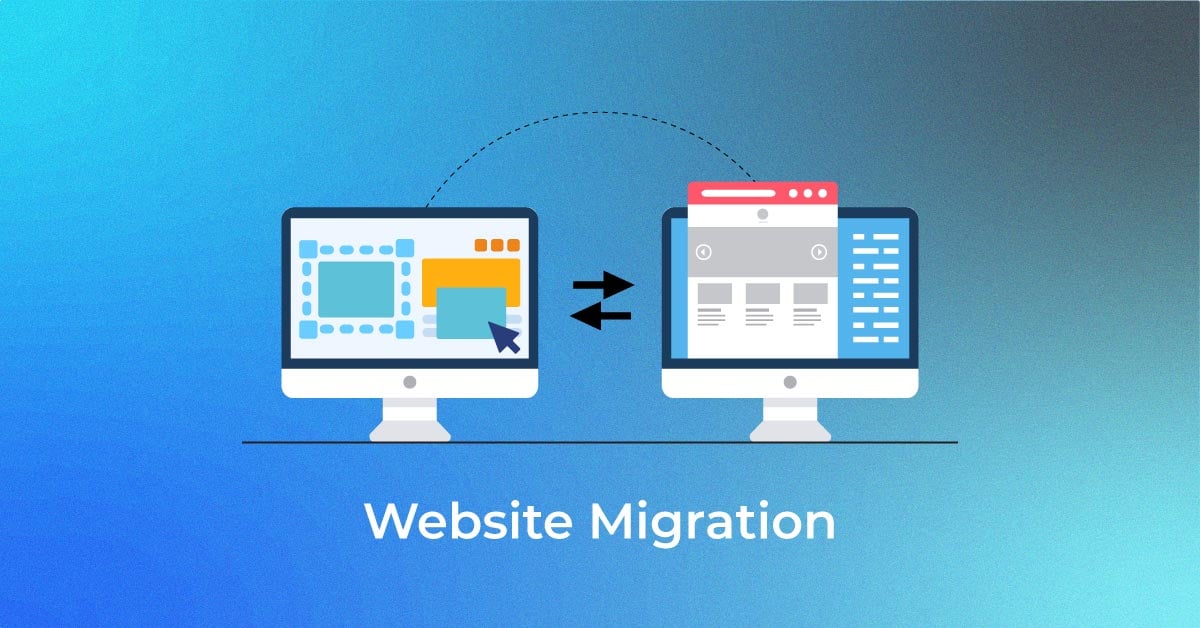
A well-defined business ethics program is more than just a set of rules; it’s the cornerstone of a company’s moral compass, guiding decision-making and fostering a culture of integrity. It provides a framework for ethical behavior, ensuring that all employees understand and adhere to the company’s values and principles.
Key Components of a Successful Business Ethics Program
A comprehensive business ethics program typically encompasses several key elements:
- Code of Conduct: This document outlines the company’s core values, ethical principles, and expected standards of behavior for all employees, from executives to entry-level staff. It should address a wide range of ethical issues, including conflicts of interest, bribery and corruption, data privacy, discrimination, and environmental sustainability.
- Ethics Training: Regular ethics training programs are crucial for reinforcing the company’s code of conduct and equipping employees with the knowledge and skills to navigate ethical dilemmas. These programs can take various forms, including workshops, online courses, and interactive simulations.
- Whistleblower Hotline: A confidential and anonymous whistleblower hotline allows employees to report suspected ethical misconduct without fear of retaliation. This mechanism is essential for identifying and addressing ethical issues promptly and effectively.
- Ethics Officer: A designated ethics officer or compliance officer plays a vital role in overseeing the implementation and enforcement of the business ethics program. They provide guidance and support to employees, investigate ethical concerns, and ensure compliance with relevant laws and regulations.
- Regular Audits and Assessments: Regular audits and assessments are necessary to evaluate the effectiveness of the business ethics program and identify areas for improvement. These assessments can include employee surveys, focus groups, and independent third-party reviews.
Benefits of Implementing a Robust Business Ethics Program
A well-implemented business ethics program offers numerous benefits to organizations:
- Enhanced Reputation: A strong ethical reputation can attract and retain top talent, build trust with customers and stakeholders, and enhance the company’s brand image.
- Improved Financial Performance: Ethical behavior can lead to increased customer loyalty, reduced legal and reputational risks, and improved employee morale and productivity, all of which contribute to enhanced financial performance.
- Increased Employee Engagement: When employees feel that their company operates with integrity, they are more likely to be engaged, motivated, and committed to their work.
- Stronger Corporate Governance: A robust business ethics program promotes good corporate governance by ensuring transparency, accountability, and responsible decision-making at all levels of the organization.
- Reduced Legal and Regulatory Risks: By proactively addressing ethical issues and ensuring compliance with relevant laws and regulations, companies can significantly reduce their exposure to legal and regulatory risks.
Challenges in Implementing a Business Ethics Program
Despite the numerous benefits, implementing and maintaining a successful business ethics program can present several challenges:
- Securing Buy-in from Leadership: Gaining buy-in from top management is crucial for the success of any business ethics program. Leaders must demonstrate a strong commitment to ethical conduct and actively support the program’s implementation.
- Ensuring Consistent Enforcement: Consistent enforcement of the code of conduct is essential to maintain its effectiveness. This requires clear disciplinary procedures and fair and impartial investigations of ethical violations.
- Addressing Cultural Differences: In global organizations, it is important to address cultural differences and ensure that the business ethics program is adapted to the specific cultural contexts of different regions.
- Keeping the Program Relevant: The business landscape is constantly evolving, and ethical challenges are constantly emerging. It is crucial to regularly review and update the business ethics program to ensure it remains relevant and effective in addressing contemporary ethical issues.
Sustaining an Effective Business Ethics Program
Sustaining an effective business ethics program requires ongoing effort and commitment.
- Continuous Improvement: Regularly review and evaluate the effectiveness of the program and make necessary adjustments based on feedback and changing circumstances.
- Open Communication: Encourage open and honest communication about ethical issues throughout the organization.
- Lead by Example: Leaders at all levels must demonstrate ethical behavior in their own actions and decisions.
- Celebrate Ethical Conduct: Recognize and reward employees who demonstrate exemplary ethical conduct.
By fostering a culture of ethical conduct and continuously striving for improvement, organizations can build a strong ethical foundation that supports long-term success and contributes to a more just and equitable society.
The Role of Technology in Supporting a Business Ethics Program
Technology plays an increasingly important role in supporting the implementation and effectiveness of a business ethics program.
- E-learning Platforms: Online platforms can be used to deliver interactive ethics training modules, making it easier to reach employees across different locations and time zones.
- Whistleblower Hotlines: Online platforms can provide secure and anonymous channels for employees to report ethical concerns.
- Data Analytics: Data analytics can be used to identify potential ethical risks and track the effectiveness of the ethics program.
- Artificial Intelligence (AI): AI-powered tools can be used to monitor for and detect potential ethical violations, such as fraud or discrimination.
By leveraging technology, organizations can enhance the efficiency, effectiveness, and reach of their business ethics programs.
Integrating Ethics into Business Strategy
Integrating ethical considerations into the core of business strategy is essential for long-term success.
- Ethical Decision-Making Frameworks: Implement ethical decision-making frameworks that guide employees in navigating complex ethical dilemmas.
- Stakeholder Engagement: Engage with stakeholders, including customers, suppliers, and the community, to understand their ethical concerns and expectations.
- Social Responsibility Initiatives: Integrate social responsibility initiatives into the company’s overall business strategy.
By prioritizing ethical considerations in all aspects of business operations, organizations can build a more sustainable and responsible future.
The Importance of Continuous Learning and Adaptation
The ethical landscape is constantly evolving, and organizations must continuously adapt their business ethics programs to address new challenges and emerging issues.
- Stay Informed: Stay informed about the latest ethical and legal developments in relevant industries and jurisdictions.
- Monitor Industry Best Practices: Monitor industry best practices and benchmark against other leading organizations in the field of business ethics.
- Embrace Innovation: Embrace innovative approaches to ethics education and training, such as gamification and virtual reality simulations.
By embracing continuous learning and adaptation, organizations can ensure that their business ethics programs remain effective and relevant in an ever-changing world.




